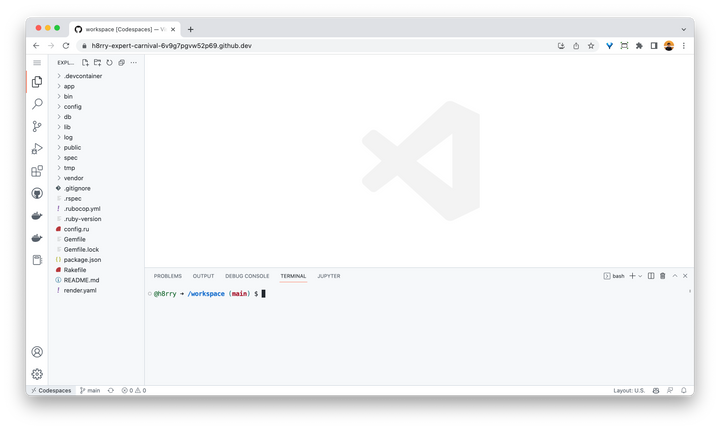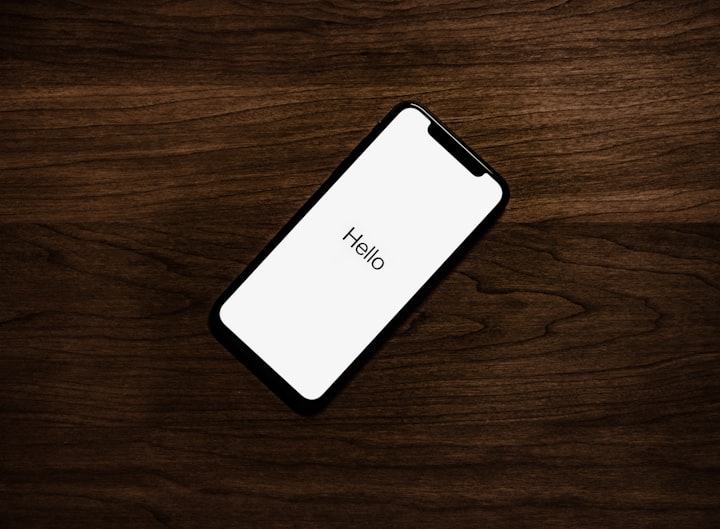How long does it take to learn JavaScript
Introduction
If you are someone who's interested in learning to code, you might have heard about JavaScript. It is one of the most popular programming languages and is widely used to create interactive web applications. But how long does it take to learn JavaScript? The answer to this question might vary from person to person, but we will try to give you a general idea in this blog post.
We will not only discuss the time it takes to learn JavaScript but also provide you with some tips and resources to help you along the way. And don't worry if you're new to coding; we'll avoid using complex jargon and explain everything in simple terms.
What is JavaScript?
JavaScript (often abbreviated as JS) is a high-level, interpreted programming language, primarily used for adding interactivity and dynamic content to websites. In simpler terms, JavaScript allows you to create web pages that can change and respond to user actions, making your websites more engaging and interactive.
JavaScript is a part of the three core technologies of the World Wide Web, along with HTML (Hypertext Markup Language) and CSS (Cascading Style Sheets). While HTML defines the structure of a web page and CSS controls its presentation, JavaScript adds behavior and interactivity.
How Long Does it Take to Learn JavaScript?
Learning JavaScript can be divided into three major phases:
- Basics: Learning the syntax, basic programming concepts, and core features of JavaScript.
- Intermediate: Gaining a deeper understanding of JavaScript and learning more advanced concepts such as asynchronous programming, DOM manipulation, and working with APIs.
- Advanced: Mastering JavaScript and learning advanced techniques and design patterns, as well as popular frameworks and libraries.
Phase 1: Basics (2-4 weeks)
In the first phase, you will learn the basic syntax and structure of JavaScript, along with essential programming concepts such as variables, data types, loops, conditionals, functions, and arrays. This phase is crucial to building a solid foundation for your JavaScript journey.
At this stage, you can expect to spend around 2-4 weeks, depending on your prior programming experience and the time you can commit each day.
Phase 2: Intermediate (4-8 weeks)
Once you have a good understanding of JavaScript basics, it's time to dive deeper. In this phase, you will learn more advanced concepts like closures, the this keyword, object-oriented programming, and asynchronous programming using promises and async/await.
You'll also start working with the Document Object Model (DOM), which is a way of interacting with web pages using JavaScript. This will enable you to create dynamic web applications that respond to user actions and update content without reloading the page.
This intermediate phase might take you anywhere from 4-8 weeks, depending on your dedication and the complexity of the concepts you're learning.
Phase 3: Advanced (8-16 weeks)
In the advanced phase, you will master JavaScript by learning advanced techniques and design patterns. You will also explore popular JavaScript frameworks and libraries like React, Angular, or Vue, which are widely used in the industry to build modern web applications.
During this phase, you might also want to learn about backend JavaScript development using Node.js, which allows you to create server-side applications using JavaScript.
This final phase can take around 8-16 weeks or even more, depending on the depth of your learning and the number of frameworks or libraries you choose to explore.
Total Time: 14-28 weeks
Considering all three phases, learning JavaScript can take anywhere from 14-28 weeks, or about 3-6 months. However, this is just a rough estimate, and the actual time it takes will depend on various factors like your prior programming experience, learning pace, and the amount of time you can dedicate to learning each day.
Tips for Learning JavaScript
Here are some tips to make your JavaScript learning journey more effective and enjoyable:
1. Start with the basics
Before diving into JavaScript, make sure you have a good understanding of HTML and CSS, as these are the building blocks of any web application. Knowing how to create and style a web page will make it easier for you to grasp JavaScript concepts when you start adding interactivity to your projects.
2. Break it down into smaller goals
Instead of aiming to learn JavaScript in its entirety, break down your learning journey into smaller, achievable goals. This will make the process less overwhelming and will give you a sense of accomplishment as you progress.
3. Practice regularly
Consistent practice is crucial when learning any new skill, and programming is no exception. Set aside dedicated time each day or week to practice your coding skills, and make sure to apply what you learn by working on small projects.
4. Join a community
Learning to code can be challenging, and having a support network can make a huge difference. Join online forums, attend local meetup groups, or find a study buddy to share your progress and ask questions when you get stuck.
5. Consider enrolling in a coding bootcamp
A coding bootcamp like Altcademy can provide you with a structured learning path, expert guidance, and a supportive community, making your learning experience more efficient and enjoyable. Altcademy offers a 100% online coding bootcamp that's 10x more affordable and effective, making it an excellent choice for aspiring coders looking to learn JavaScript and other web development skills.
Conclusion
Learning JavaScript can be a rewarding experience that opens up new opportunities in the world of web development. While the time it takes to learn JavaScript varies, with consistent practice and the right resources, you can expect to become proficient in 3-6 months.
Remember, the key to success is to be patient, persistent, and stay curious. Good luck on your JavaScript learning journey, and don't forget to check out Altcademy for an effective and affordable way to learn coding online!




